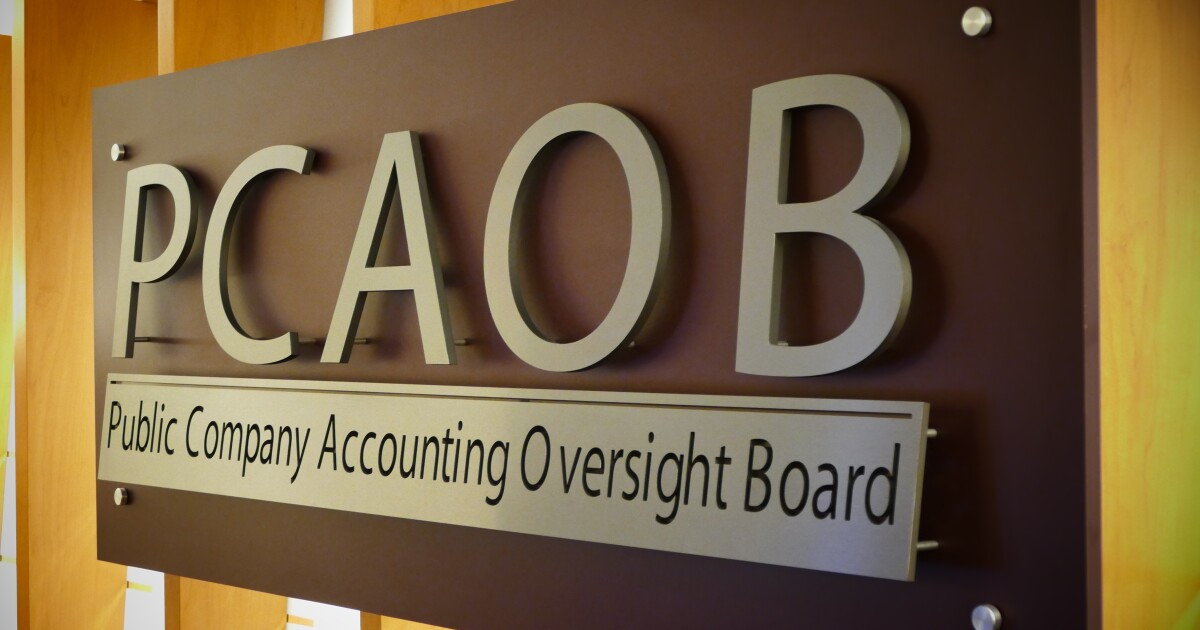Treasury Secretary Scott Bessent set a July 4 goal to pass President Donald Trump’s multitrillion-dollar tax cut package as polling shows that voters largely disapprove of the White House’s handling of the economy.
“We hope that we can have this tax portion done by the Fourth of July,” Bessent said Monday following a meeting with congressional leaders.
The Treasury secretary and National Economic Director Kevin Hassett met with Senate Majority Leader John Thune, House Speaker Mike Johnson and the two tax committee chairmen, Senator Mike Crapo and Representative Jason Smith. Congress returned to Washington on Monday following a two-week break, and the tax bill is the party’s top legislative priority.
Trump has put increasing pressure on Republicans to pass the measure, going so far as to tell Michigan’s Republican lawmakers to stay in Washington rather than join him for a speech Tuesday in the state marking his first 100 days in office. Trump and Johnson also met earlier Monday.
Thune on Monday evening called the Independence Day deadline “aspirational” and said he wasn’t making any commitments regarding timing. He added that he was more concerned about when the debt limit expires later this year. “That is a hard deadline for us,” Thune said.
Bessent’s July 4 timeline puts additional pressure on Republicans to approve a tax bill. Johnson has set an end-of-May goal for the House to pass legislation that includes a renewal of Trump’s first-term cuts and a fresh round of levy reductions, partly paid for by curbing federal spending.
“I believe we can pass it by Memorial Day,” Johnson said Monday evening. He said that Congress could “save Medicaid,” the health care program for the poor and disabled, but that “we have to find the requisite number of savings.”
The Senate isn’t likely to complete work on the measure for months, with party leaders in that chamber having set their sights on a vote by August. Trump’s first-term tax cuts don’t expire until the end of the year.
The push on taxes follows a series of polls that show Americans souring on the president’s handling of pocketbook issues. A CNN poll released Sunday showed that just 39% of Americans approve of how Trump has steered the economy, the lowest of his two terms in the White House. An NBC News poll showed tariffs Trump imposed are also deeply unpopular.
Hassett downplayed the notion that the measure could include a tax increase for millionaires, an idea that had been discussed in some Republican circles. Trump said he loves the concept, but worries about the political ramifications.
Hassett, in response to a question about whether a millionaire tax increase could be included in the bill, said “the president has said it is not.”
Earlier this month, Republicans passed a budget resolution that would allow them to fast-track the tax bill through Congress without needing to make any concessions to attract Democratic votes.
Republicans have already put forward some of the easier pieces of the eventual package, including a $150 billion boost to defense spending and new cuts to federal worker pensions. But GOP lawmakers have yet to make significant progress on the specifics of the legislation, including which tax priorities to include and which health care spending to cut.
Hassett told Fox Business last week that he and Bessent will present a “list of the president’s top priorities to make sure they make it into the bill” during Monday’s meeting.
Earlier Monday, Bessent touted some campaign proposals from Trump specifically calling out “no tax on tips, no tax on Social Security, no tax on overtime and making auto loans deductible.”
After the Treasury secretary met with GOP congressional leaders, he added that he expects the package will have a new tax benefit to write off the cost of building factories in the U.S.
Bessent said tax revenue is up compared to last year, a possible sign that the government won’t hit the legal debt limit until later than anticipated. He said an official estimate of the debt ceiling default date would come later in the week or next week.
The Congressional Budget Office last month had forecast the federal government would likely run out of enough money to pay all its bills by August or September if lawmakers fail to raise or suspend the debt limit. It has said the date could be as soon as May if revenues came up short.


 Blog Post1 week ago
Blog Post1 week ago
 Economics1 week ago
Economics1 week ago
 Economics1 week ago
Economics1 week ago
 Economics1 week ago
Economics1 week ago
 Personal Finance7 days ago
Personal Finance7 days ago
 Economics6 days ago
Economics6 days ago
 Economics4 days ago
Economics4 days ago
 Accounting4 days ago
Accounting4 days ago












